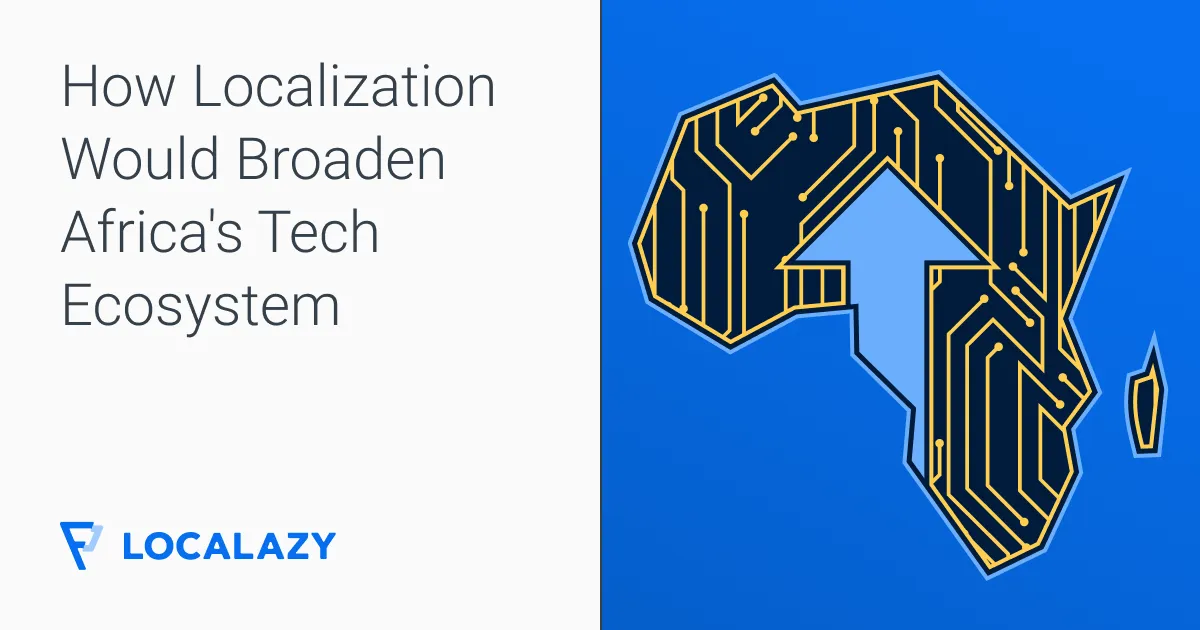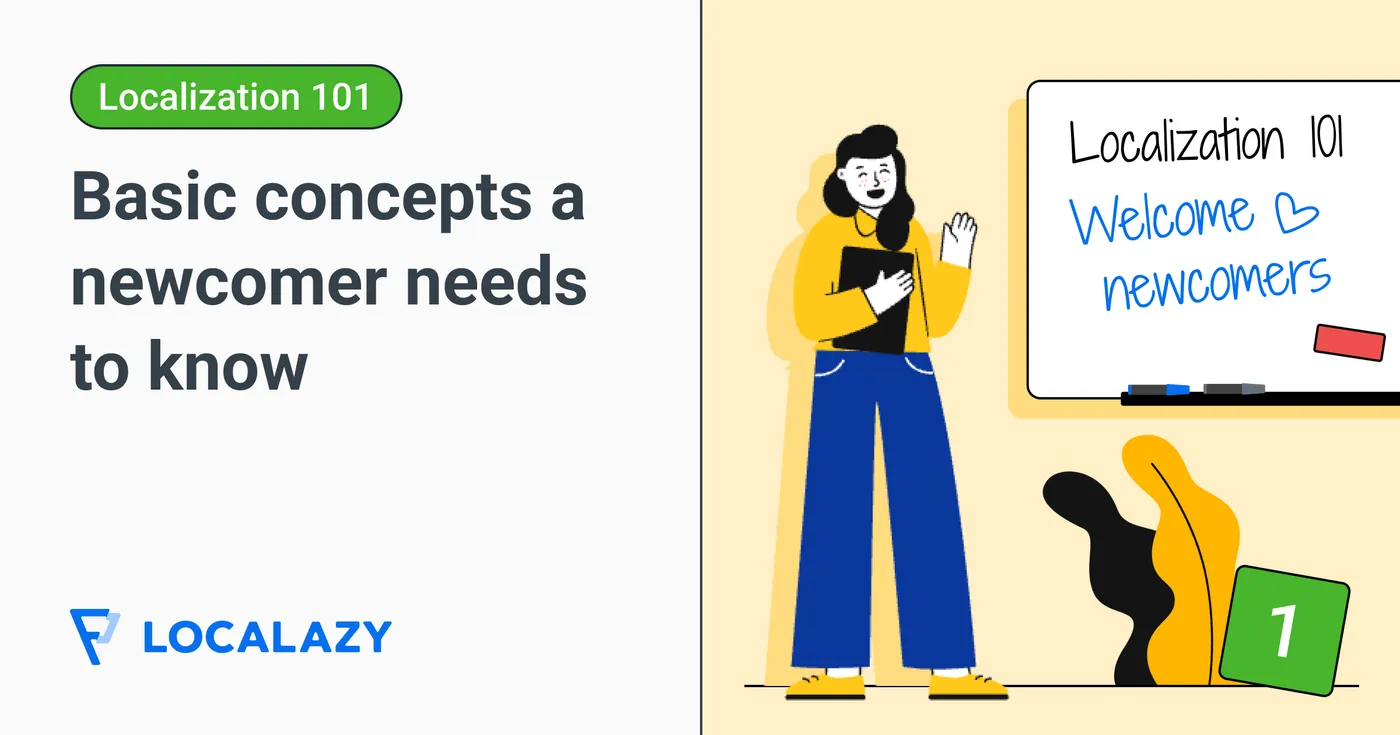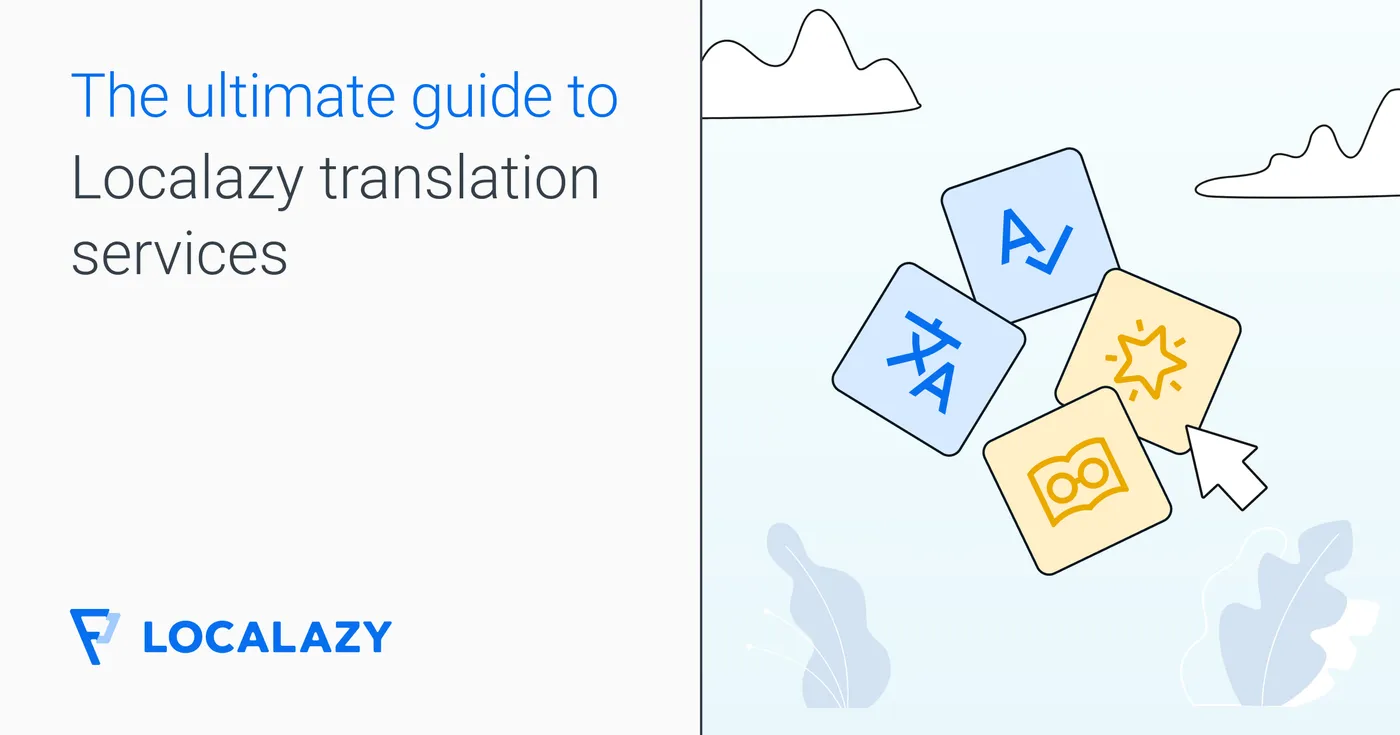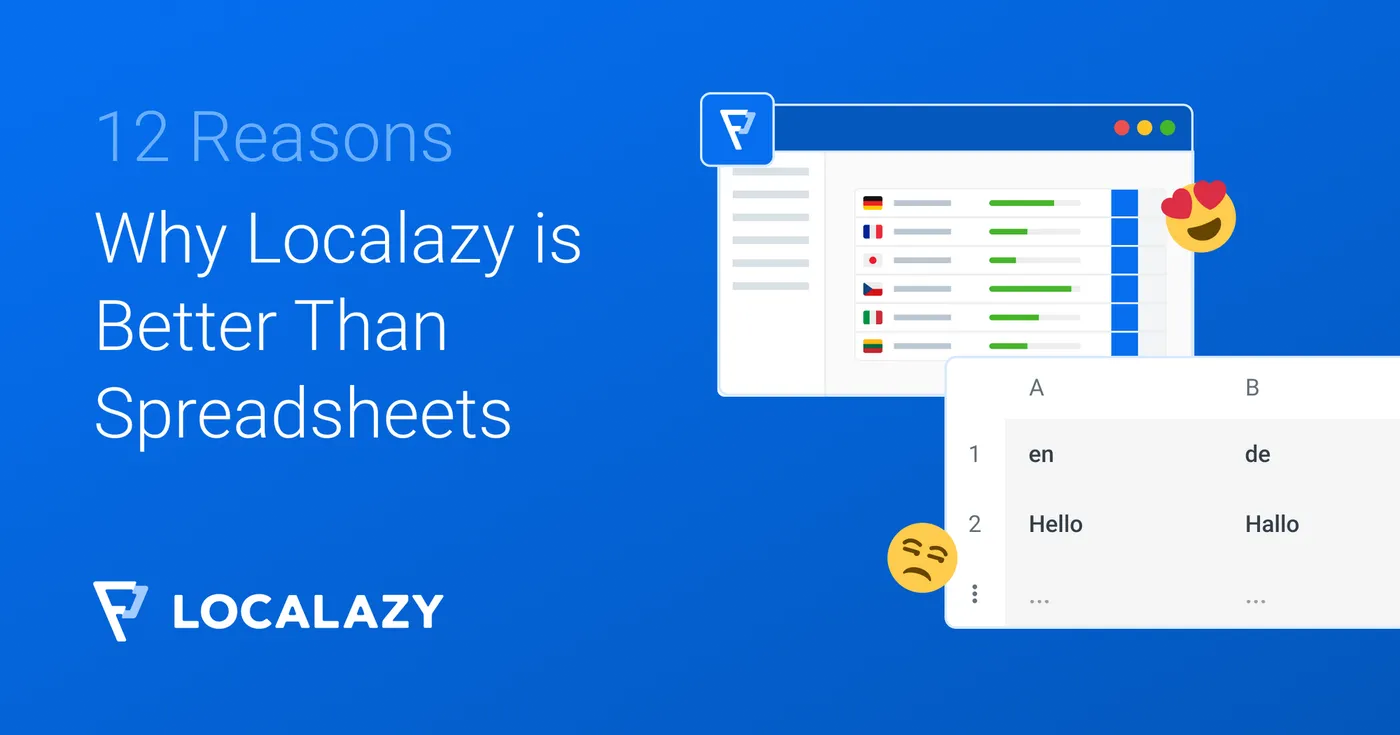In today's Africa, fast-selling stories and solutions sell as quickly as they do when the target market is locally sensitized. The Health, Educational, and Public sectors attest to this and the limitations that arise when information is not local.
For example, in Nigeria alone where there are over 300 ethnic groups and more than 500 languages, one of its key weapons against the HIV disease and its stigmatization was localized sensitization.
It used local healthcare workers and community leaders to reach out to people in their communities and address concerns about the disease directly while providing information about the virus's contagion, spread, and treatment in various languages.
This hastened the awareness spread and more people came for testing and treatment. According to Global Fund research, 90% of Nigerians living with HIV now know their status and 98% of people with HIV-positive status are on medication.
🚀 Localization success stories from Africa 🔗
Africa is multi-culturally enriched and arguably the most ethnically diverse continent there is. Unlike Europe which has about 160 ethnicities, Africa has thousands. This would normally cause communication barriers and slow down the success of marketing campaigns—using a European market's playbook may be considered self-sabotage.
But some companies have tried and excelled.
One payment institution that read well into Africa's diversity was FTX. Before its crash, FTX did well to hire a marketing director for its African market in 2021, and in just 2 years, it had garnered over 100,000 users.
Sam Bankman-Fried understood the peculiarities of the African crypto market, its weak points, and how it was largely underexplored, then hired an African who shared his ideas to help him execute them. Out of the $3B owed to creditors, $500M belongs to Sub-saharan African investors.
According to World Atlas, less than 5% of Africans speak English as their first language and only about 47% speak it as a second language. As language is a largely crucial part of an African's cultural identity, these statistics alone demonstrate how much linguistic and cultural peculiarities technologists have to consider while designing products that are suitable to the context of the markets they intend to serve, but fail to.
M-Pesa prioritized these attributes and is today's leading Fintech. They built a product that could reach every remote village in Kenya.

Firstly, it was developed with a user interface in Swahili, the most widely spoken language in Kenya. Secondly, its design is easily accessible to the unbanked and uneducated demographic and works on any phone.
Thirdly, it uses local indigenes as agents who are responsible for handling deposits and withdrawals. This ensures that its network of agents are folks who users can easily trust. Its success in Kenya is the reason for its widespread adoption in countries like Tanzania, Mozambique, and Egypt.
🚩 Why we need more language diversity 🔗
In a recent CSA Research, out of 8709 surveyed buyers across 29 Anglophone countries, 76% of consumers say they're more likely to purchase a product if it's in their language. 40% of them would never buy at English-language-only sites. This is up from 30% in a past survey. The figures all increased from the results of the Can't Read, Won't Buy: 2014 report.
You can find more about the importance of localization in our previous "mythbusters" article.
It was ascertained that product information in an indigenous language defines a consumer's perception of the product and it's easier for them to understand and connect with.
The study also revealed that in Africa, companies used more colonial languages (English and French) to sell their products instead of local languages. But many of Africa’s technologically excluded and underserved populations have little or no formal education in their country’s official languages.
So it is easier to avoid or disregard these products as no one wants to spend their money testing the waters. If they can't read, they won't buy. These groups are also continuously left out of modern developments.
For 76-year-old Raskiya Bala, it was an extremely strenuous task to ask her granddaughter for help every time she wanted to make a phone call. Save for the fact that phone calls were actual lifesavers then, Raskiya would not have owned a phone. The Hausa native and Non-English speaker had to wait for her phone and service provider's features to be translated before she could access them.
“My grandma had to depend on us to translate her phone language and SIM card to Hausa to be able to use it,” her granddaughter, Asher tells Localazy. “Some of her friends had to travel to the service provider offices first.”

In 2012 though, after MTN, a South-African-owned Telecommunications company started to offer its services in Hausa, Raskiya easily switched and could seamlessly make calls without worrying about translations.
“There is a longstanding assumption that enough people feel comfortable using English online, especially when buying high-tech or expensive products,” Dr. Donald A. DePalma, CSA Research’s Chief Research Officer says in the CSA Research.
“Our 2020 findings show that if a company chooses to not localize the buying experience they risk losing 40% or more of the total addressable market—the consumers that prefer selecting and buying products at local-language sites. While they may want the products or experiences on the English-language site, most would rather think, act, and buy in their language.”
Scientific knowledge in the educational system of most African countries also remains primarily available in English and is seldom translated into local languages. This has created a significant barrier to accessing crucial information that could help address issues commonly faced by individuals residing in affected communities.
🤷♂️ Sometimes, it's not just about language 🔗
Language and multi-cultural barriers are often localization's biggest problems, but prioritizing the impact of local and socio-cultural issues on their products may pose as much threat.
The belief that effective communication is all that is needed is a pervasive localization problem facing global brands. Some brands believe that knowing the grammar rules that guide indigenous languages is enough to ensure successful localization strategies.
But no, this is untrue.
Alphabet's inspiring project, Loon, was the next big thing designed to cater to the ‘next billion’ who were in technologically disadvantaged areas in Africa, but it didn't take off. The reason behind its shutdown was Alphabet's failure to acknowledge the impact of socioeconomic barriers on internet accessibility. The absence of cell towers was not the only obstacle to providing internet access to people. Issues like illiteracy, expensive data and handsets, and discrimination also played a significant role in limiting people's access to the internet.

Another potential issue is the limitations cultural norms in a region can face.
Let's take the global brand, IKEA, for example. The company, known for its gender equality which espouses the rights of women as equals to men, failed at breaking into the Saudi Arabian market which had restrictive attitudes toward women.
Although it is now more relaxed, they are still extensively traditional compared to other countries. Hence, IKEA had to do something it had never done – remove images of women in its product catalogs.
This could potentially be seen as regressive, but that was what it took to be embraced in the country.
🌍 What can be done? 🔗
For companies to be local to their African market, they should work towards attaining language diversity as much as they should strive to scale a region's local and cultural issues.
- Language Diversity: To attain language diversity, cultural nuance, and other language-related peculiarities can impact the meaning of words. Some phrases may get lost in translation, and taking a cue from past translation mistakes global brands like KFC and Pepsi have made, it can be detrimental to growth. Hence, the best solution to language challenges may be to hire locals with extensive knowledge and understanding of cultures and norms.
- Another important part of localization when designing tech solutions for Africans, is considering local problems. The absence of internet access and the high cost of broadband in remote areas is a huge local problem that inhibits adequate penetration into those places.
Take M-Pesa for instance. These situations were key parts of the company's earliest features.
Tech products rely on internet access but this may be ineffective in rural regions where broadband is weak and unavailable. Similarly, apps that consume large amounts of broadband data or require high computing memory will exclude customers in these areas. Also, the fact that the majority of people in Africa use feature phones or inexpensive smartphones that have limited capabilities should shape how the solution is designed.
Traditional outreach methods like town halls, local shopping market engagement, or door-to-door meetings can be more efficient than Western advertising methods like billboards or digital ads.
This was a key part of FTX's breakthrough in the continent. It prioritized localized marketing efforts and used real-time local agents. Customer support through helplines in local languages, whether through human interaction or bots, will foster better customer relationships and lead to effective resolutions compared to email support.
Companies should also think of the cultural behaviors in a region because they largely constitute how the buying behaviors of residents are formed. In conservative African countries, technologies that promote gender diversity and equality may meet rock bottom if the company doesn't undertake adequate sensitization measures to show how important the technological solution is to the advancement of society.
✔️ Conclusion 🔗
We hope this article inspired you to consider localization even more important in the context of diverse and specific African markets. Remember, it's not always about the language, but it's the least you could do to connect better with your audience and attract new customers. Join Localazy today and start translating your projects into local languages to break language barriers more easily.




